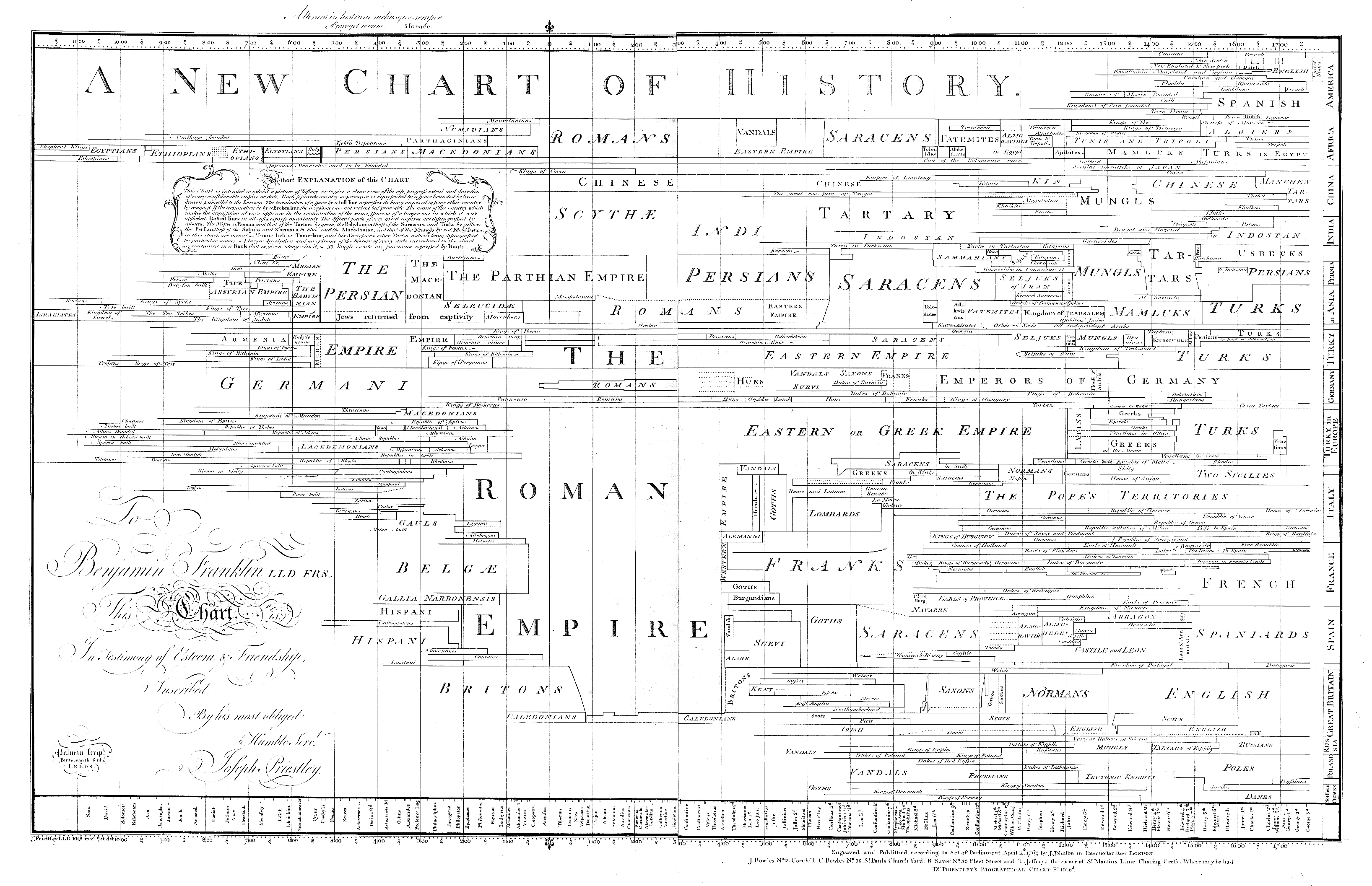Will is nothing more than a particular case of the general doctrine of association of ideas, and therefore a perfectly mechanical thing.
Meaning of the quote
The quote suggests that our "will" or ability to make choices is not a special, magical power. Instead, it is just a result of how our minds naturally connect different ideas together. This connection between ideas works like a machine, automatically linking thoughts without us having to think about it. In other words, our will is not something unique or special, but rather a natural outcome of how our minds operate.

About Joseph Priestley
Joseph Priestley was an influential English scientist, philosopher, and theologian who lived in the 18th century. He made groundbreaking discoveries in chemistry, including the independent discovery of oxygen, and was a passionate advocate for religious and political liberalism. Despite facing controversy and persecution, Priestley’s contributions to science, education, and political thought continue to be celebrated today.
More quotes from Joseph Priestley
Could we have entered into the mind of Sir Isaac Newton, and have traced all the steps by which he produced his great works, we might see nothing very extraordinary in the process.
English chemist, theologian, educator, and political theorist (1733-1804)
What I have known with respect to myself, has tended much to lessen both my admiration, and my contempt, of others.
English chemist, theologian, educator, and political theorist (1733-1804)
Like its politicians and its war, society has the teenagers it deserves.
English chemist, theologian, educator, and political theorist (1733-1804)
The more elaborate our means of communication, the less we communicate.
English chemist, theologian, educator, and political theorist (1733-1804)
We should like to have some towering geniuses, to reveal us to ourselves in color and fire, but of course they would have to fit into the pattern of our society and be able to take orders from sound administrative types.
English chemist, theologian, educator, and political theorist (1733-1804)
Every man, when he comes to be sensible of his natural rights, and to feel his own importance, will consider himself as fully equal to any other person whatever.
English chemist, theologian, educator, and political theorist (1733-1804)
It is no use speaking in soft, gentle tones if everyone else is shouting.
English chemist, theologian, educator, and political theorist (1733-1804)
Will is nothing more than a particular case of the general doctrine of association of ideas, and therefore a perfectly mechanical thing.
English chemist, theologian, educator, and political theorist (1733-1804)
As we read the school reports on our children, we realize a sense of relief that can rise to delight that thank Heaven nobody is reporting in this fashion on us.
English chemist, theologian, educator, and political theorist (1733-1804)